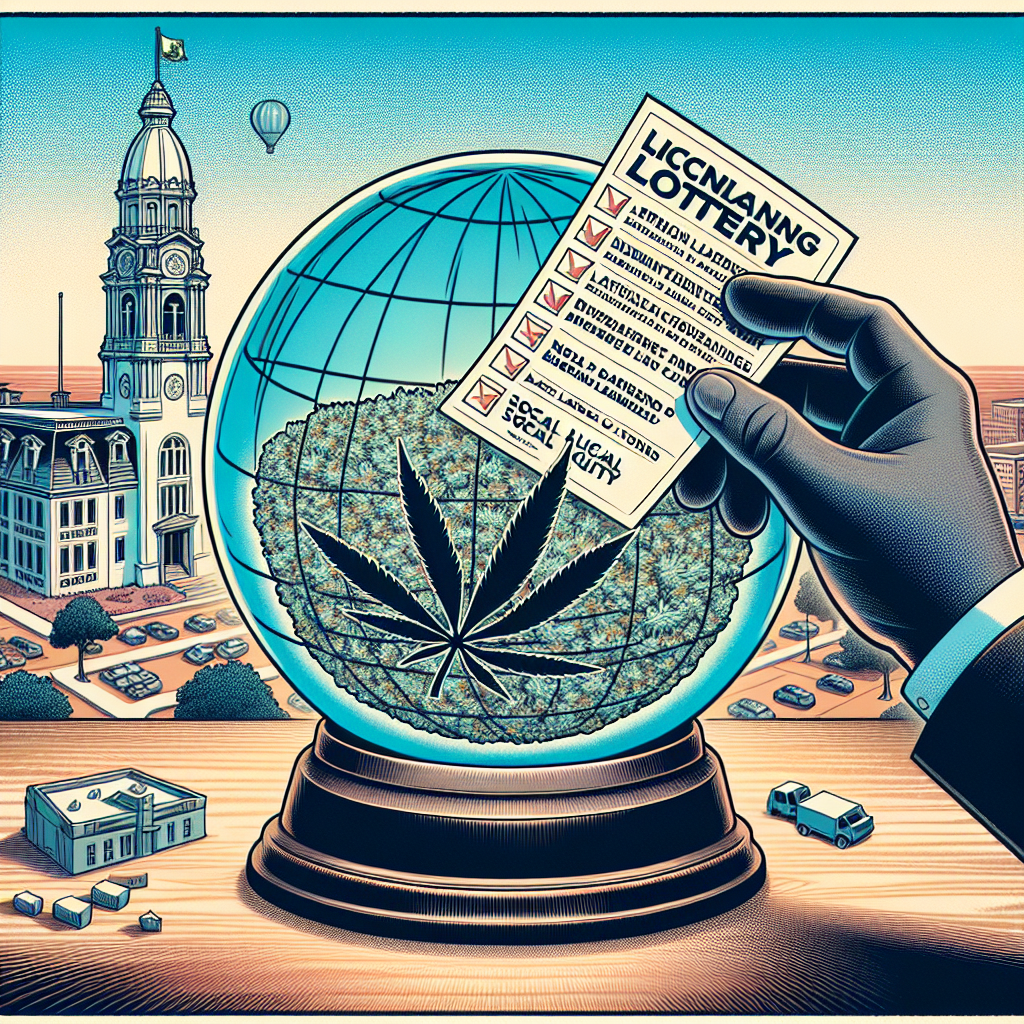
Delaware’s Marijuana Licensing Lottery Sets Regulatory Precedent
As regulatory frameworks for marijuana legalization expand across the United States, an intriguing development is emerging from Delaware, where the state’s Office of the Marijuana Commissioner recently conducted a significant licensing lottery for marijuana businesses. This event marks a critical step in Delaware’s journey towards establishing a regulated adult-use marijuana market, mirroring a national trend towards acceptance and regulation of cannabis.
On October 23, 2024, Delaware moved forward with its cannabis industry regulations by conducting a licensing lottery. The lottery was a crucial phase in the licensing process, as it determined which applicants would move forward in establishing legal marijuana operations across the state. Authorities designed the lottery to ensure fairness and transparency in the process, which is paramount in a business where the stakes are high both in terms of business opportunities and regulatory compliance.
The lottery included various categories, excluding the Open Retail category which is planned for a later date. This decision reflects a meticulous approach to handling the more competitive and lucrative aspects of the market, which could have broader implications for market dynamics and consumer access. The categories included in the October lottery were announced on the official Delaware government news site, detailing an inclusive yet carefully segmented licensing strategy.
This event is part of a broader shift seen across the United States as more states adopt or expand their marijuana legalization frameworks. States like Delaware are setting precedents on how to integrate social equity into cannabis licensing, reflecting a growing acknowledgment of the war on drugs’ disproportionate impact on certain communities. By incorporating lottery systems and phased licensing, states aim to manage the rollout of this lucrative industry carefully, ensuring compliance, fairness, and public safety.
The licensing lottery is not just a procedural step but also a significant development in the ongoing journey towards full legalization and commercialization of marijuana in Delaware. It highlights the state’s commitment to creating a regulated market that addresses both market opportunities and social challenges. The outcomes of this lottery and the subsequent setup of marijuana businesses will likely influence how other jurisdictions approach marijuana legalization and industry regulation.
The continuation of this process will be closely watched by policymakers, business stakeholders, and advocates as it unfolds, offering insights into the effectiveness of different regulatory frameworks in the evolving landscape of cannabis legalization.

